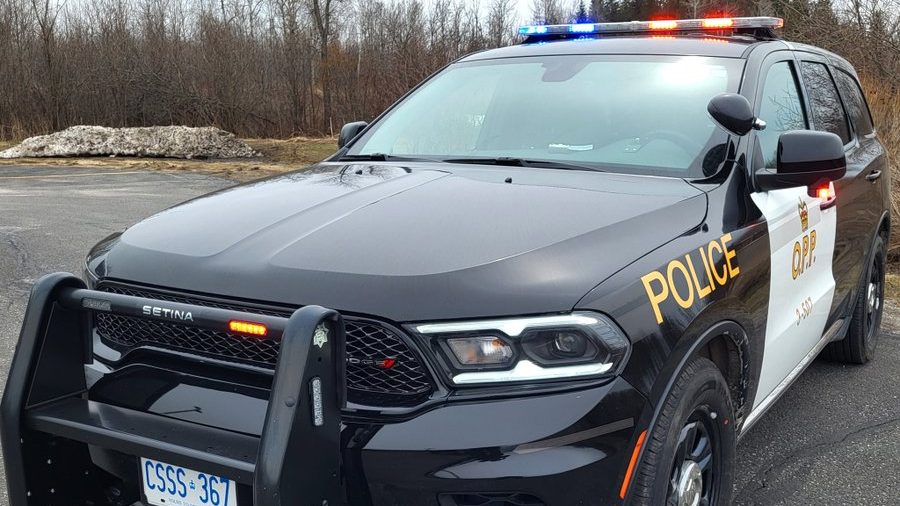Grammy-nominated engineer Shawn Everett on Fiona Apple’s attic, never meeting Beck
Posted Mar 9, 2021 01:00:00 PM.
TORONTO — Shawn Everett’s biggest competition is often himself and that’s never been truer than at this year’s Grammy Awards.
Three albums overseen by the Bragg Creek, Alta.-raised music engineer have scored him a trio of nominations in the best non-classical engineered album category.
They include an experimental solo project from Alabama Shakes’ singer Brittany Howard titled “Jaime,” Beck’s bombastic synth-pop spectacle “Hyperspace” and Devon Gilfillian’s soulful throwback “Black Hole Rainbow.” All vie for the same prize at the pre-broadcast Grammy Awards on Sunday.
Everett says he can’t pick a favourite.
“I try to work just as hard on anything that I’m doing,” the 38-year-old explained by phone from Los Angeles.
While a tripartite faceoff against one’s self isn’t totally unheard of at the Grammys, it’s pretty rare. Only one engineer has shared the same unusual achievement.
The late Ed Cherney nabbed a triple nomination in the same engineering category in the mid-1990s. His work on Bonnie Raitt’s “Longing in their Hearts” took the prize.
Everett, who already has five Grammys to his name, spoke to The Canadian Press about the albums, his reliable music “car test” and admiration for Fiona Apple.
CP: Having some distance from your three nominated albums, does each one mean something specific to you?
Everett: They’re almost like different phases and colours of (my) life. My daughter was born basically right after all these were made. So, to me, these albums are the last gasp of my childhood, maybe. I am, hopefully, an adult now.
CP: All three albums were recorded before the COVID-19 pandemic. What’s it like reflecting back on the creation process of the “before times” versus the isolation of today?
Everett: Things are way faster when you’re with people. When you’re alone, you’re just guessing. For the Brittany (Howard album), I was with her pretty much the whole time. She was two feet away from me. But for the Beck one, I’ve never really spoken to him before. I don’t really know him at all. And so the feedback was coming from his producer.
CP: You worked on a Beck album and never met him? Is that unusual?
Everett: It’s not super unusual. A lot of times when you’re mixing you’ll send stuff and get comments from an unnamed source. But some people want to be there and you’re really close to them for months.
CP: Much of your childhood was spent in Bragg Creek, before you enrolled in an audio program at the Banff Centre. How did that period shape you?
Everett: When I was born, there was obviously no internet. I feel it was a time when you’re out in the forest and need to use your imagination to create different worlds and play. And so when I started working on music, I had a lot of time because there was less distraction. I’ve been lucky throughout my life to find environments where I’ve been allowed to get the hours in.
CP: You eventually moved to L.A., but was that always part of the career trajectory you saw for yourself?
Everett: I had a real determination that I would get there, a burning determination. Every decision I made in every moment of my day … was working towards that. Even picking up a soda was like, “Is this helping me towards that goal? Should I watch this movie or is that going to take away from time working?” It was non-stop, almost like a sickness. I don’t think that I’m naturally predisposed to being talented at this whatsoever. I mean, I just really worked hard.
CP: Aside from deadlines, how do you know when an album is finished?
Everett: To me, it’s when I can put it on in my car and feel whatever emotion the song is trying to convey.
CP: So there’s a “car test”?
Everett: Yeah, when I’m in front of a computer I have the ability to change it. Sometimes you are so lost in minutia that it’s hard to even get through the song because you’re distracted by little things. And so, when you’re in the car, you can’t control it. You can’t stop and change something, you just have to force yourself to listen. It’s a good way of taking my brain away from it for a second.
CP: You gravitate towards sounds that remind me of the physicality of Fiona Apple’s “Fetch the Bolt Cutters,” which has three Grammy nominations this year, too. She was banging on the walls in one song, for instance.
Everett: She’s a huge inspiration to me. When she started that album, I was at her house and banging on walls as well. I’m not on the album, but we were messing around, banging around the attic and stuff. I share a similar worldview of sound. There’s a community of musicians in L.A. that share that kind of goal. I need to somehow make (a song) a little bit more abstract. I need to do something to place it in the real world a little bit.
Follow @dfriend on Twitter.
— This interview has been edited and condensed for clarity.
This report by The Canadian Press was first published March 9, 2021.
David Friend, The Canadian Press








